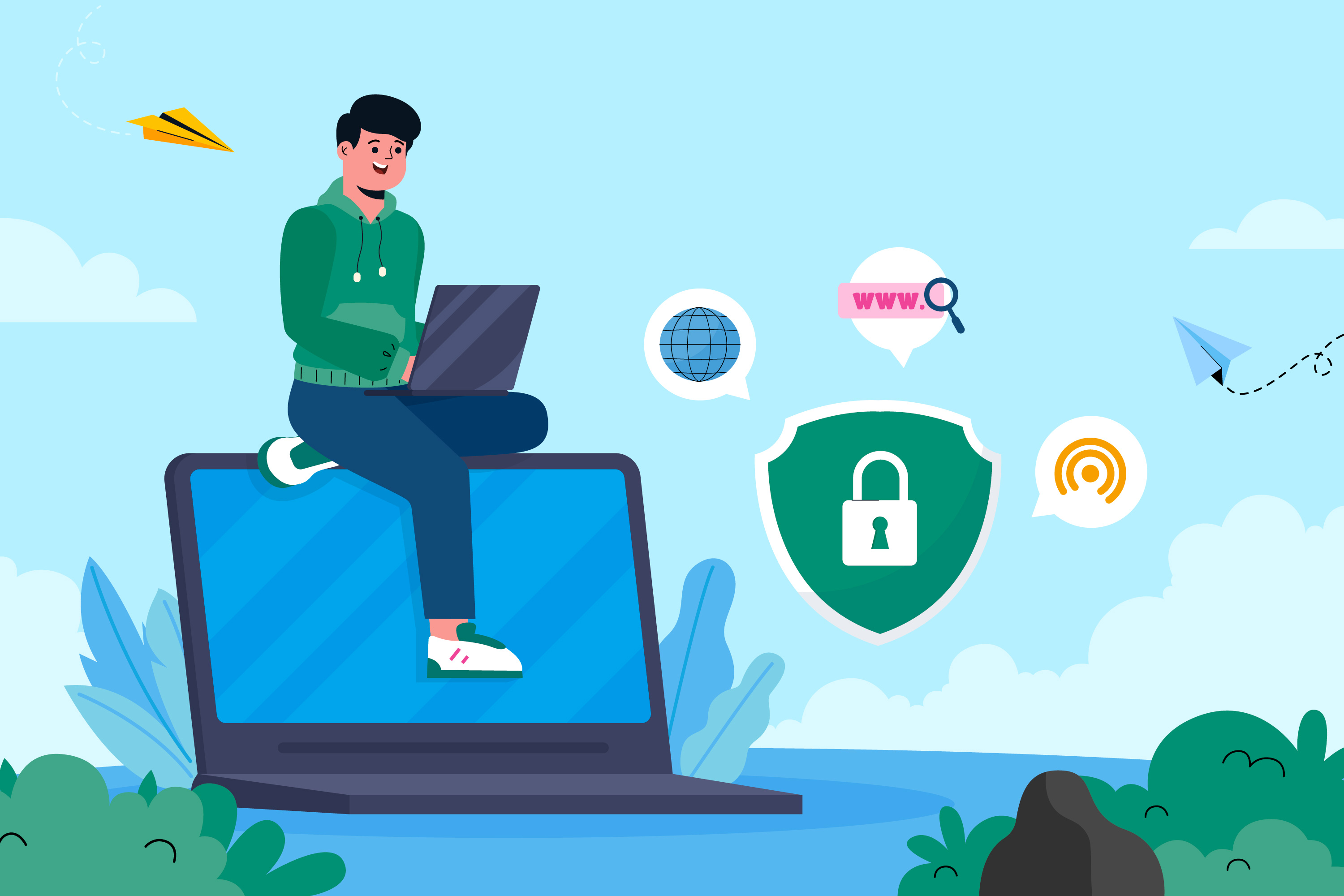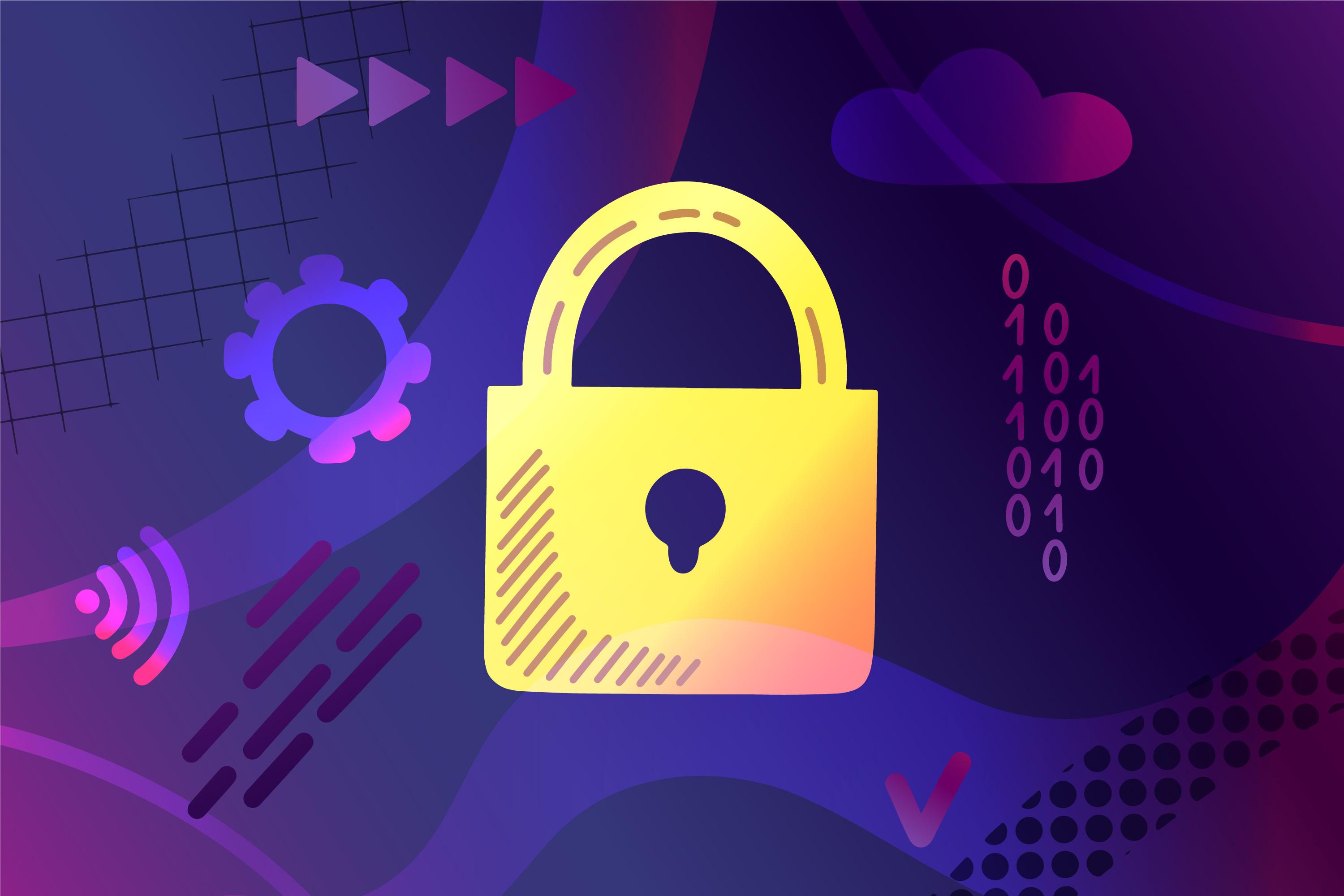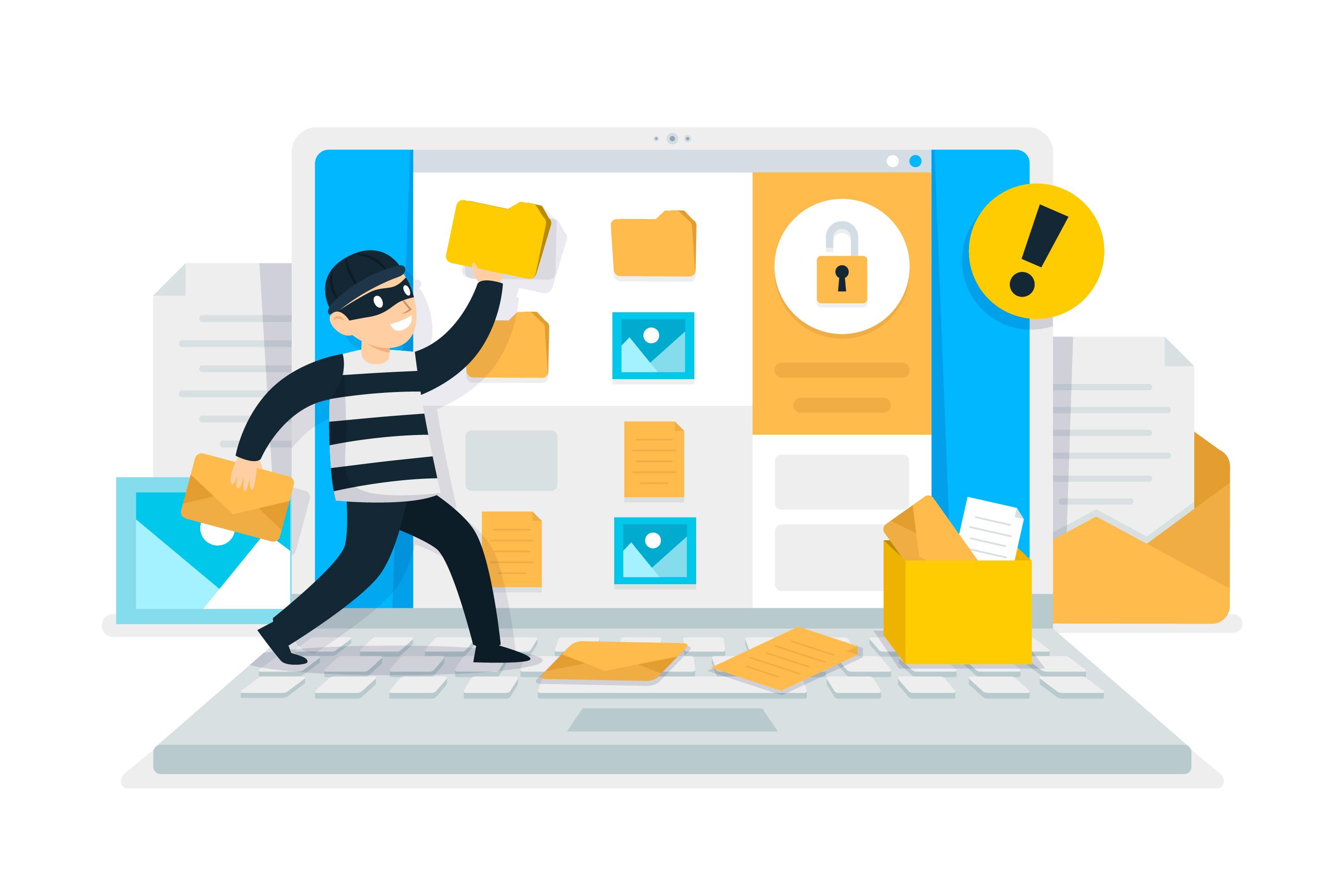Free email accounts and cloud storage platforms promise convenience, but at a hidden cost — your privacy. This article breaks down how popular services compromise your data and introduces privacy-first alternatives built with encryption and user freedom at the core.
The Real Cost of "Free":
Services like Gmail, Outlook, and free cloud drives such as Google Drive and Dropbox make life easier, no doubt. But convenience often comes with a trade-off: your personal data. These platforms scan your emails and files to train AI, serve targeted ads, and build detailed user profiles. What seems like a harmless feature often results in long-term privacy erosion.
Zero-Knowledge Encryption: What It Means and Why It Matters
Most mainstream cloud providers can technically access your data, even if it’s encrypted. Why? Because they hold the encryption keys. In contrast, zero-knowledge providers ensure only you have access to your data — even they can't read it. This model is what true privacy should look like.
Risks of Centralized Data Ownership
Big tech platforms store vast amounts of user data in centralized systems. A single breach or misuse of internal access can expose millions. We’ve seen it happen before. Centralized platforms are high-value targets for cybercriminals and often don’t prioritize user privacy unless pressured by regulators.
Privacy-First Alternatives Worth Considering
If privacy and security matter to you, it’s time to consider switching to services that are built from the ground up with user protection in mind:
- ProtonMail: End-to-end encrypted email with zero access to message content. Based in Switzerland with strong privacy laws.
- Tutanota: An open-source encrypted email provider that doesn’t rely on third-party ads and supports full anonymity.
- Skiff Mail & Drive: A newer player offering decentralized email and document storage, with complete zero-knowledge encryption.
- pCloud: Swiss-based cloud storage provider with optional client-side encryption via pCloud Crypto. Offers lifetime plans and stores data in compliance with strict privacy regulations.
- Sync.com or Tresorit: Cloud storage with end-to-end encryption, ensuring no one but you can access your files.
Stop Trusting Platforms That Profit from Your Data
It’s easy to fall into the trap of “I have nothing to hide.” But privacy isn’t just for people with secrets — it’s for everyone. The more you normalize surveillance, the more power you hand over. Choosing tools that respect your privacy is a simple but powerful step toward digital autonomy.
Conclusion:
Digital freedom starts with informed choices. Free services aren’t really free — they’re funded by your data. As cyber threats rise and data exploitation becomes routine, it’s time to think critically about the tools we use daily. Whether you’re an individual or a business, shifting to privacy-first platforms can offer peace of mind and long-term security. It’s not just about protecting information; it’s about protecting your right to own it.
Similar Post :

Securing the Digital Frontier: Essential Cybersecurity Tactics
In an era defined by interconnectedness, the importance of cybersecurity cannot be overstated. As our digital footprints expand and cyber threats grow in sophistication, safeguarding sensitive data a...

Fortifying Your Dev Fortress: Why Password Managers are Essential
As a software development company, safeguarding sensitive data is paramount. Yet, all too often, teams overlook one of the simplest yet most crucial aspects of security: password management. In this ...

Understanding Asymmetric Encryption: A Guide by Larissa Infotech
Encryption plays a crucial role in protecting sensitive information from unauthorized access. Among various encryption methods, asymmetric encryption stands out for its unique approach and widespread...

